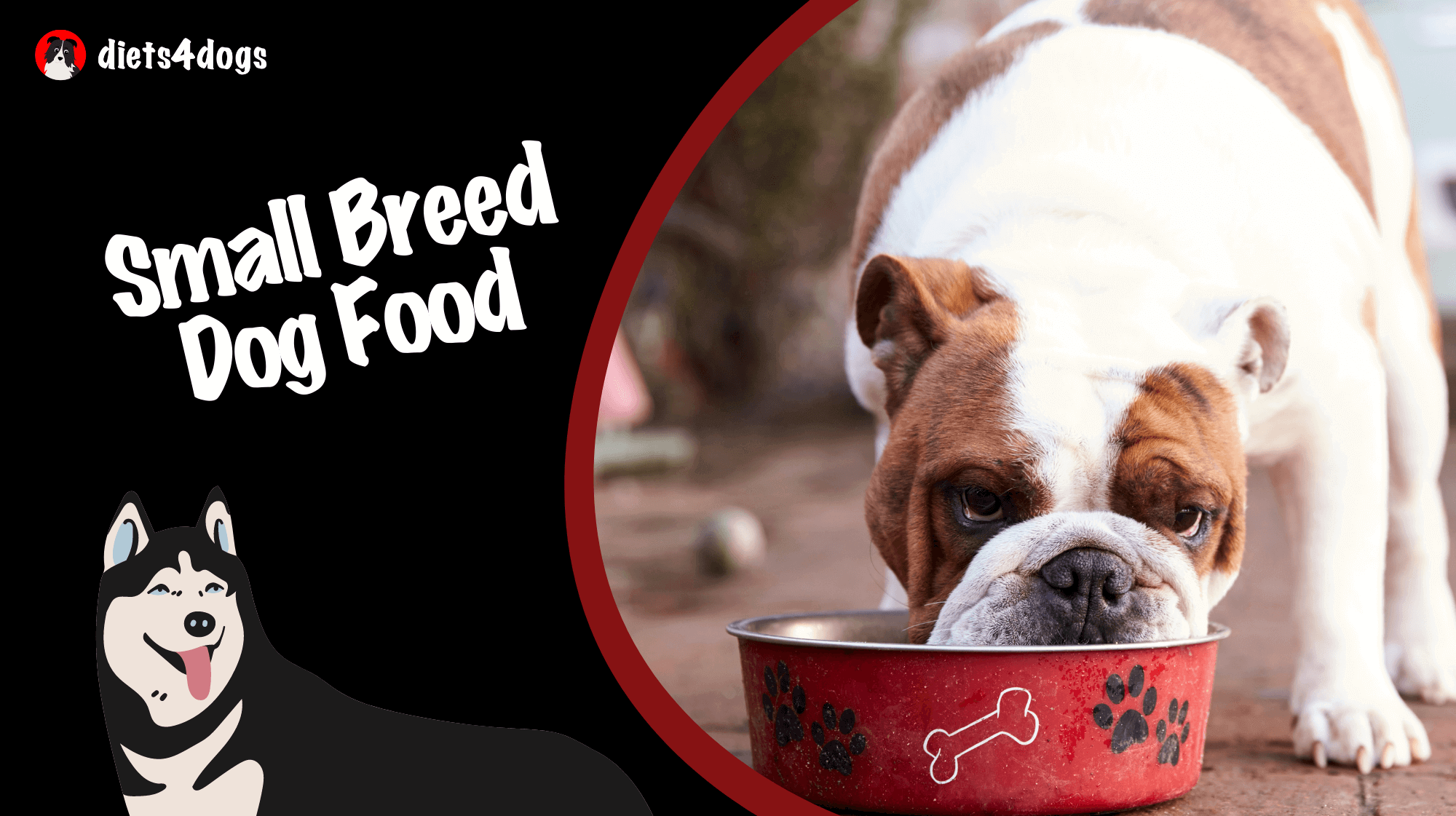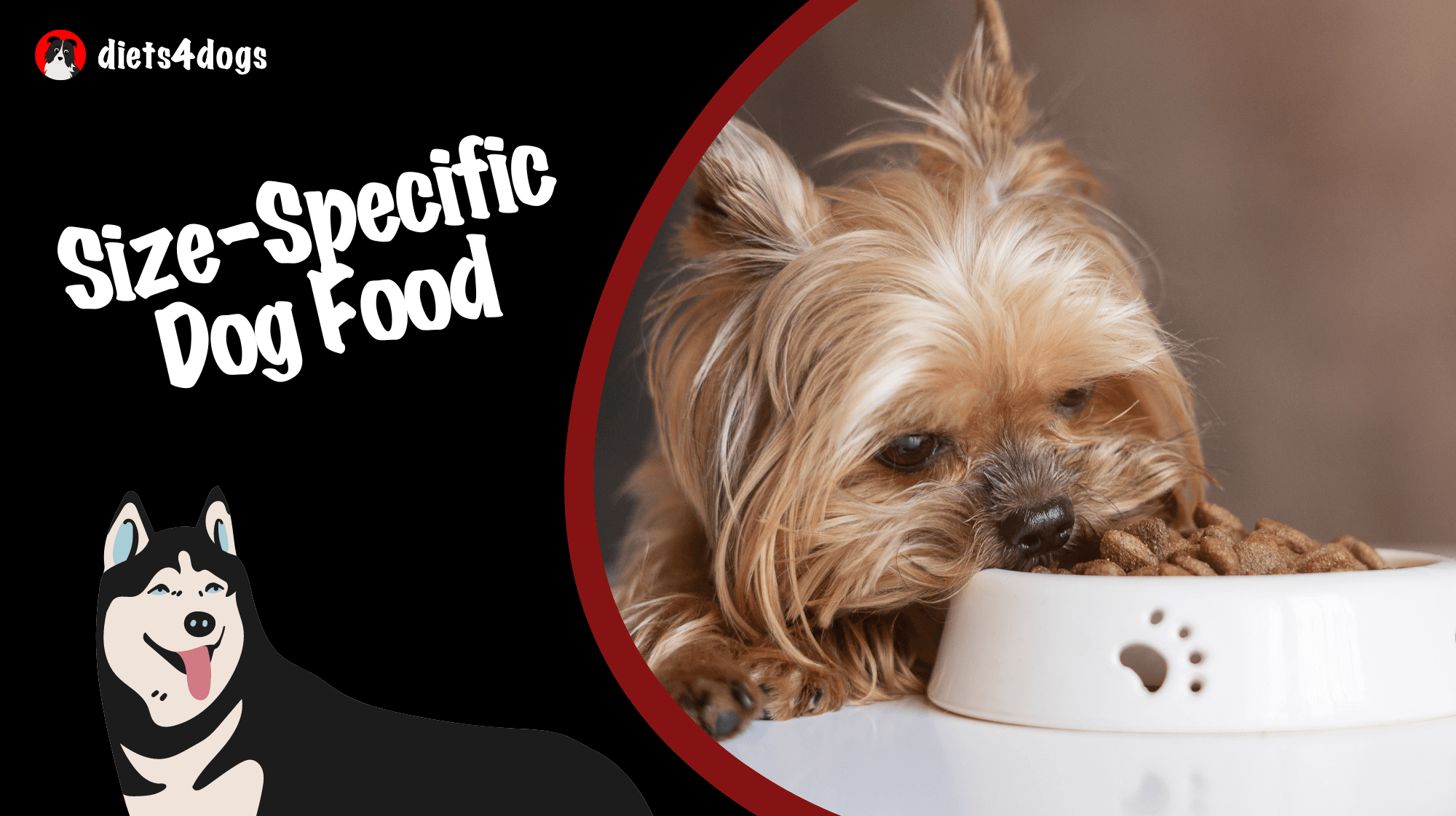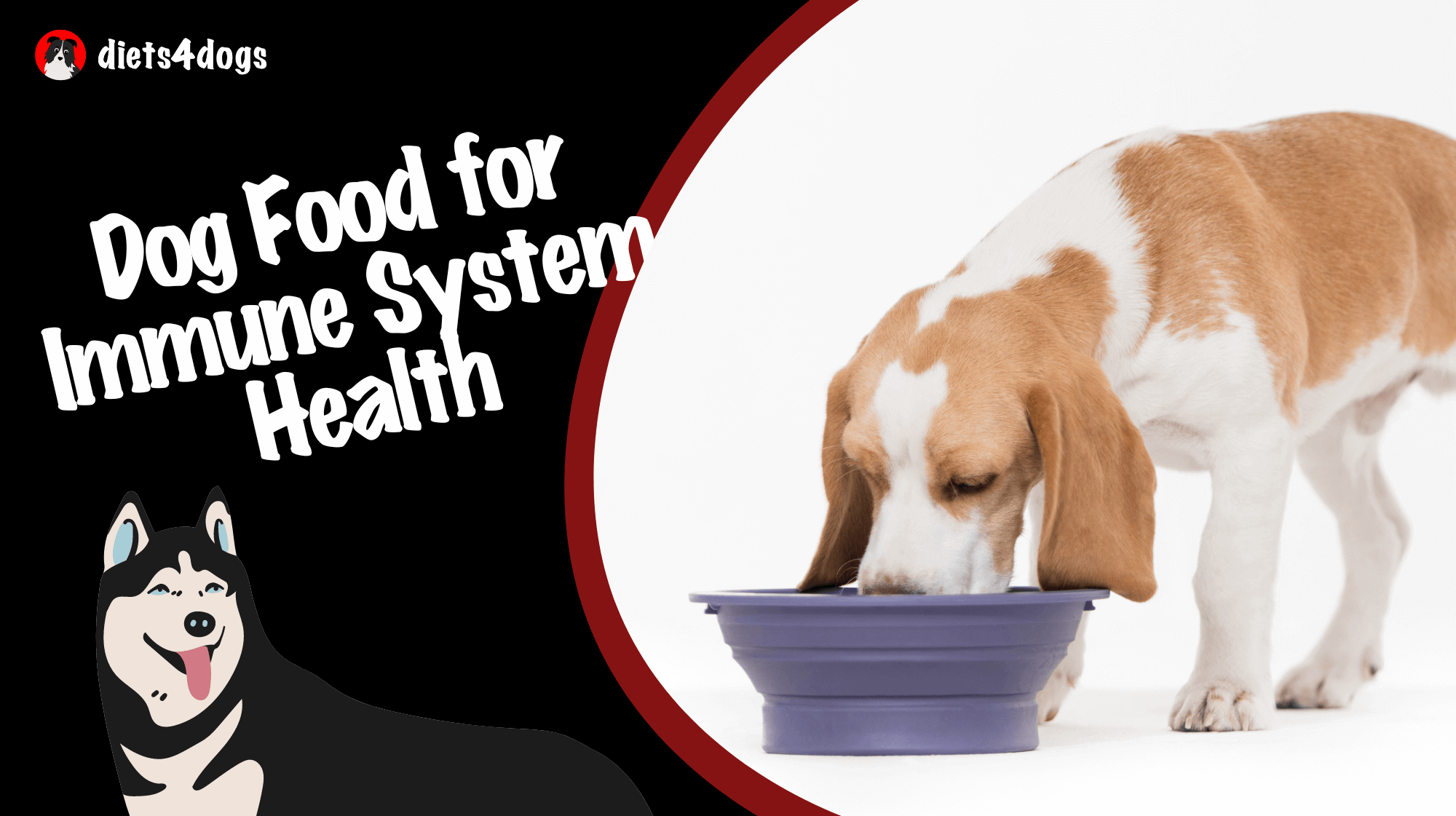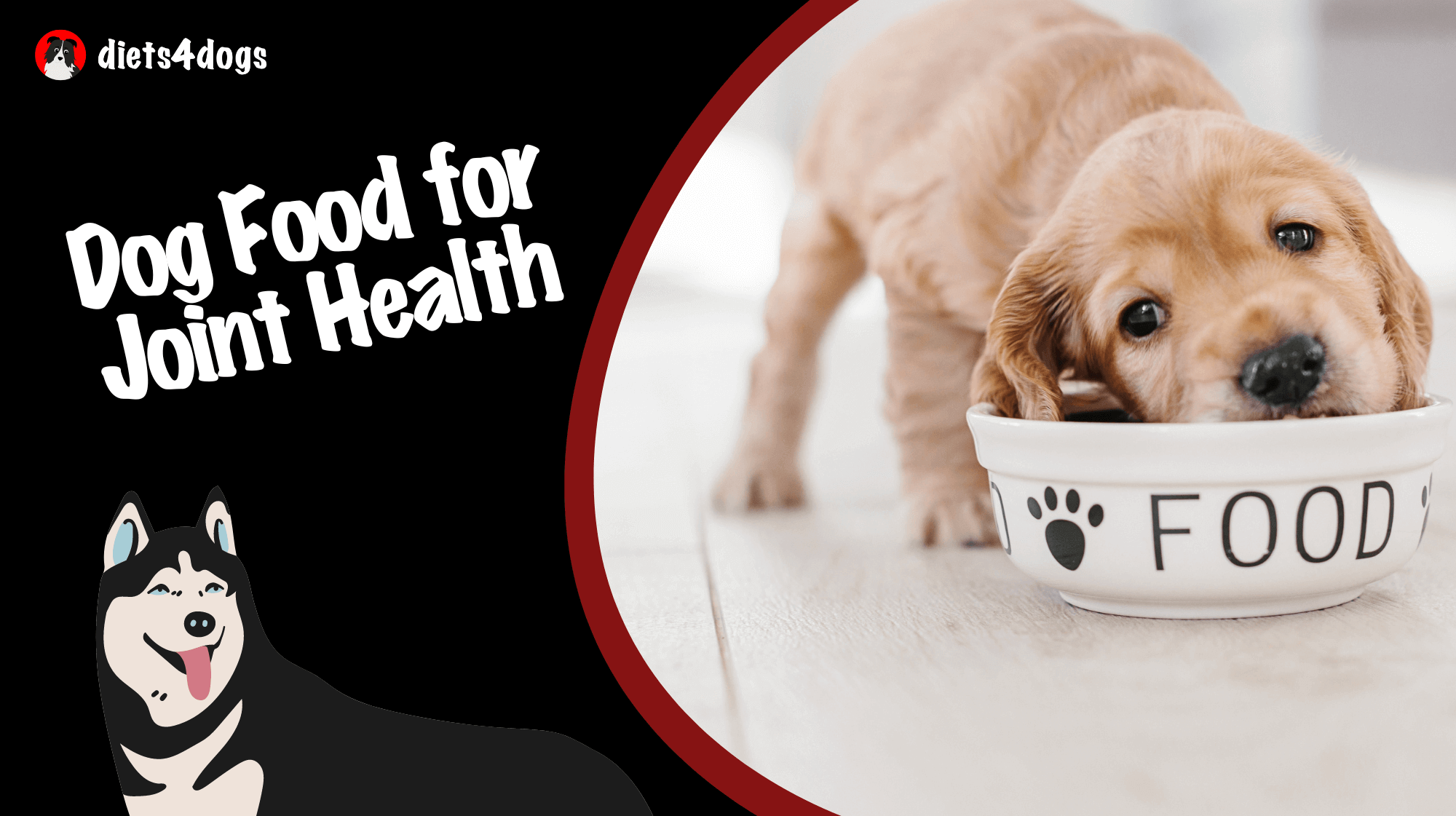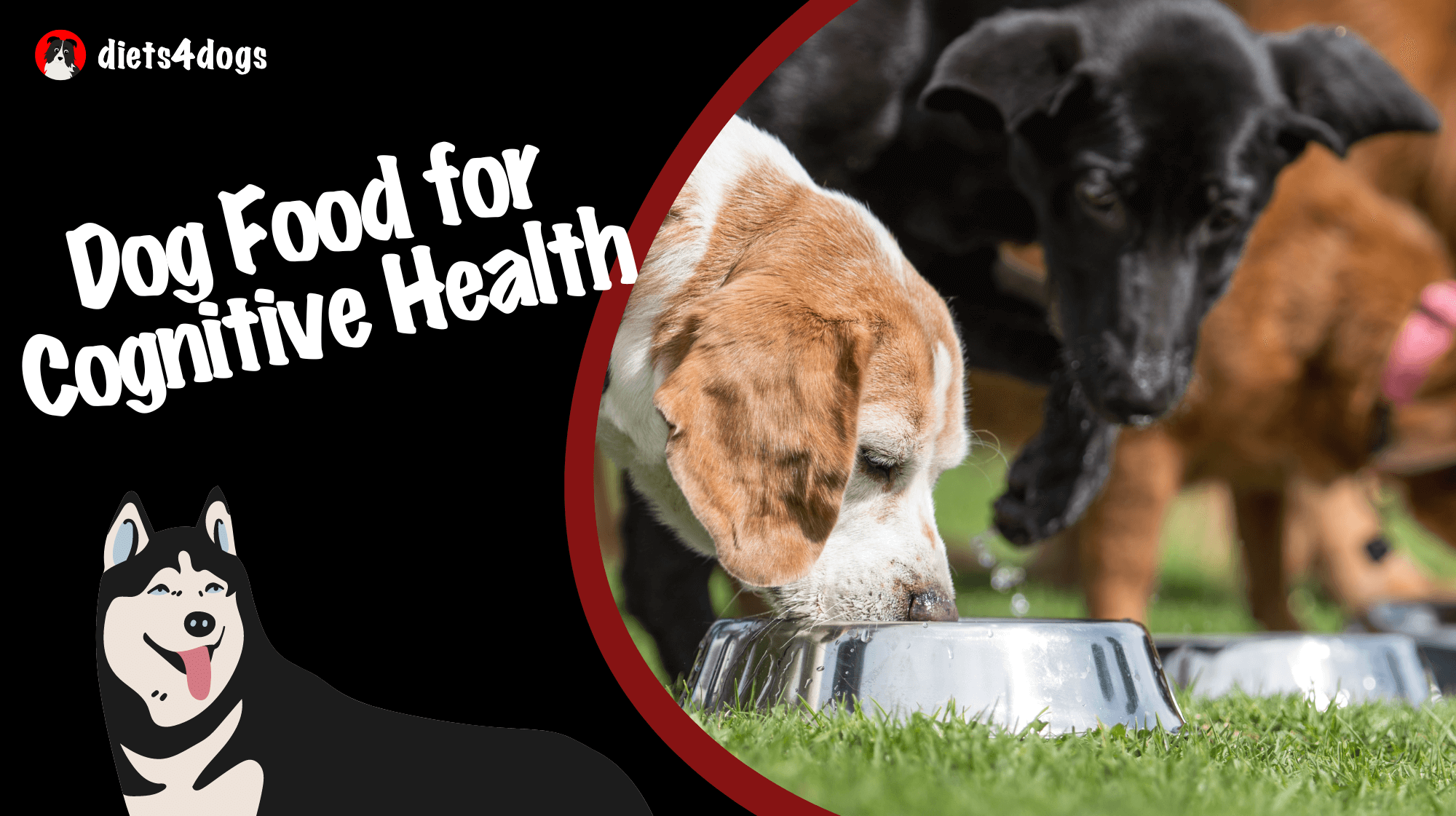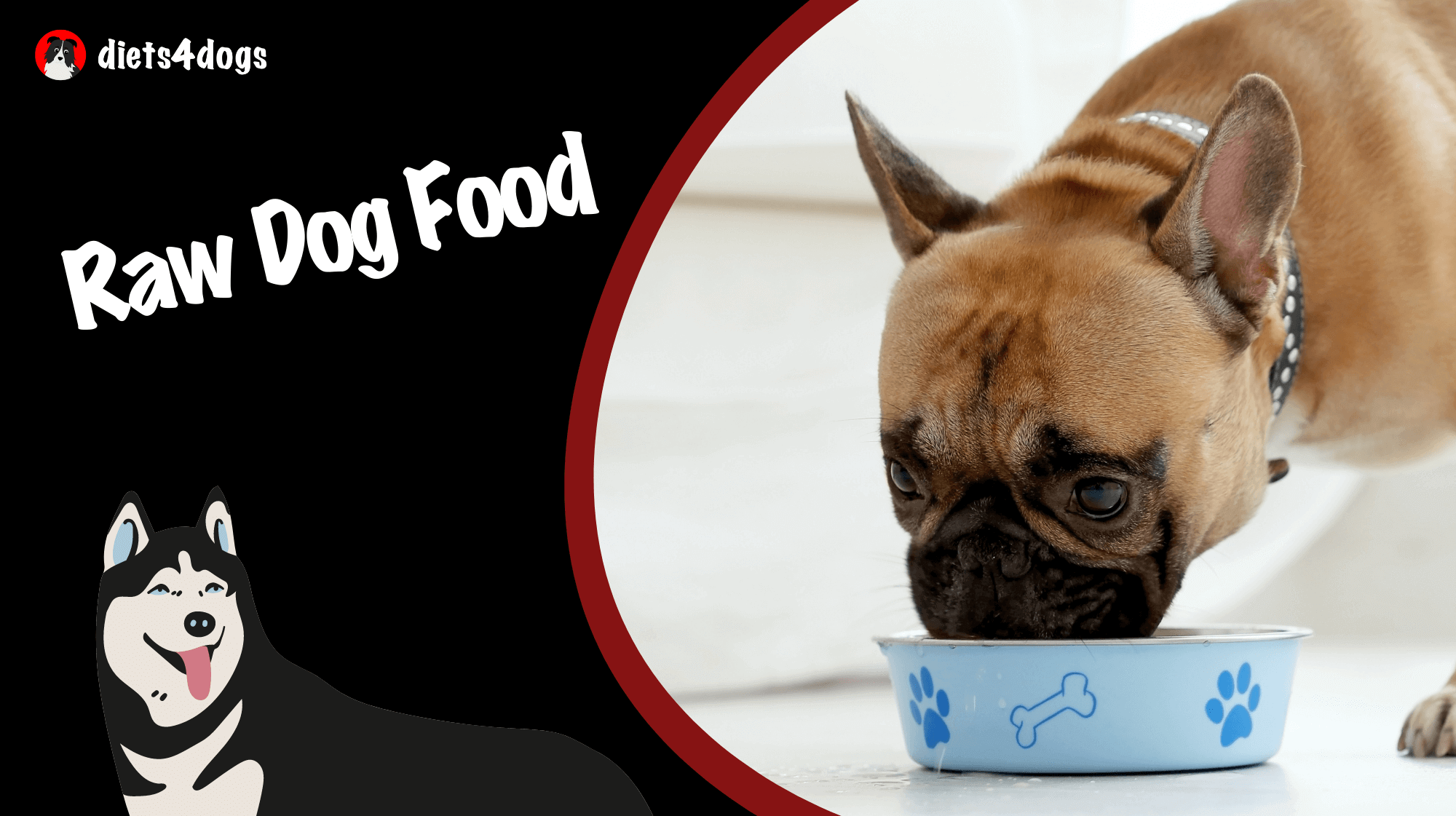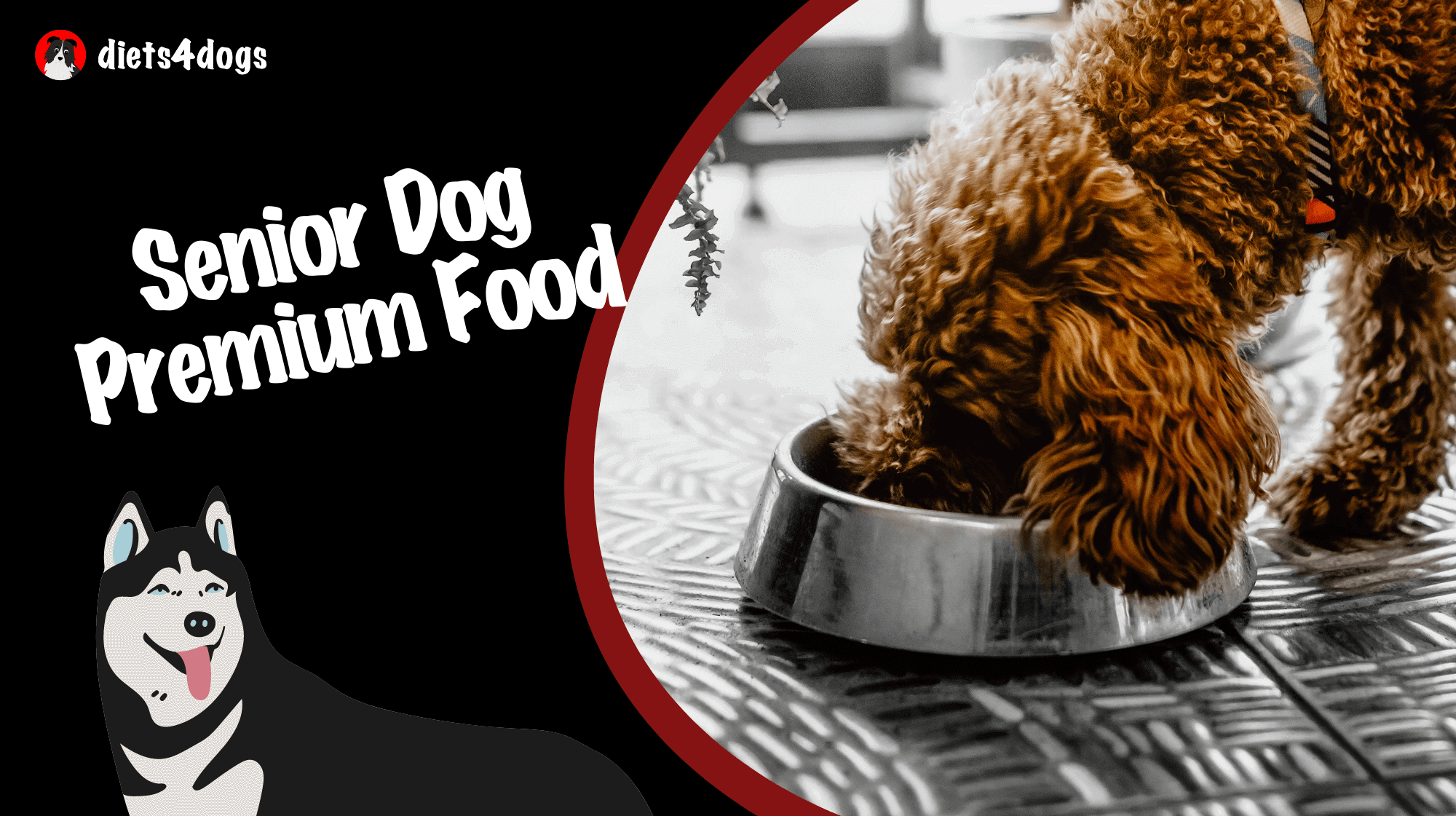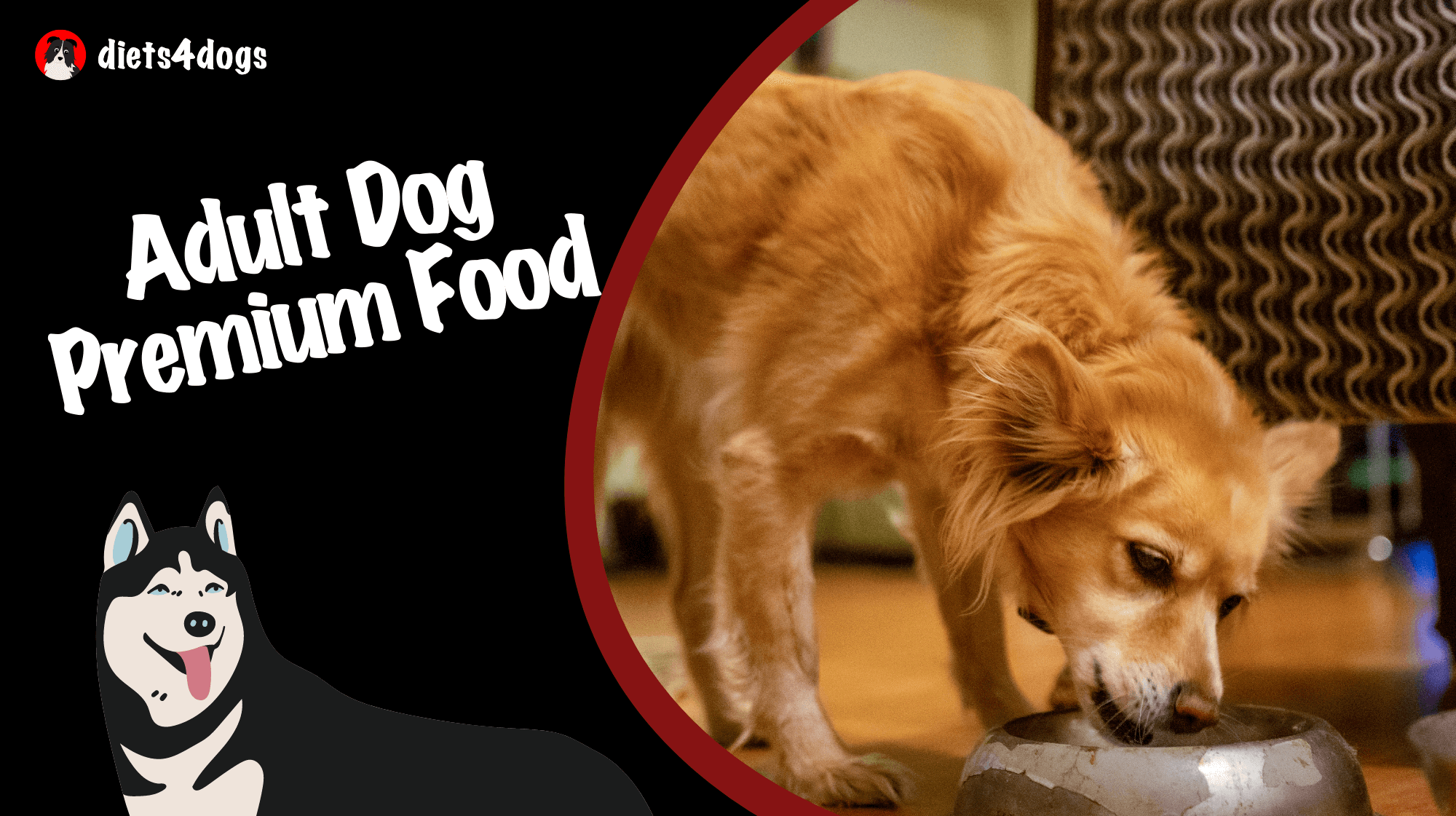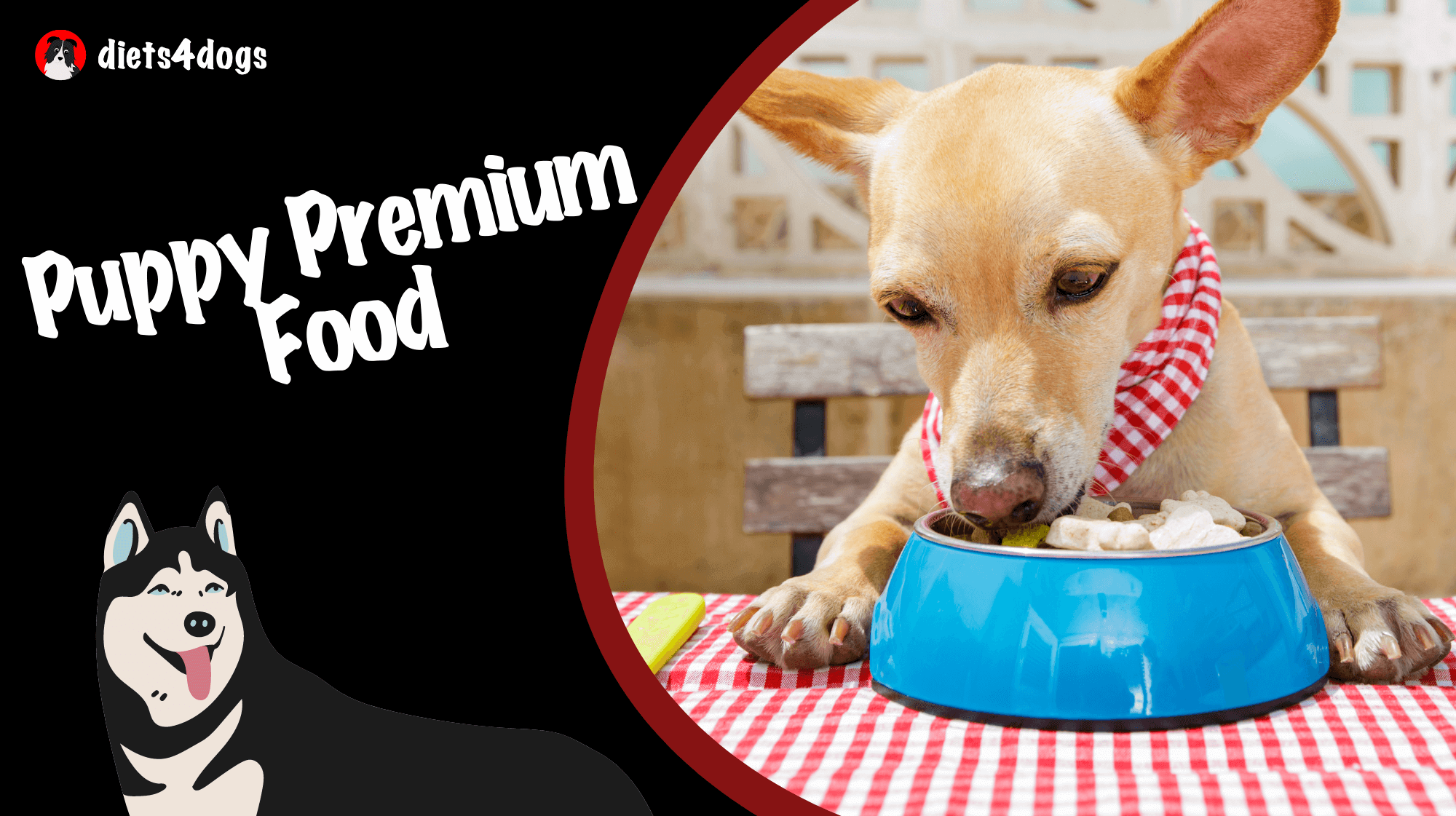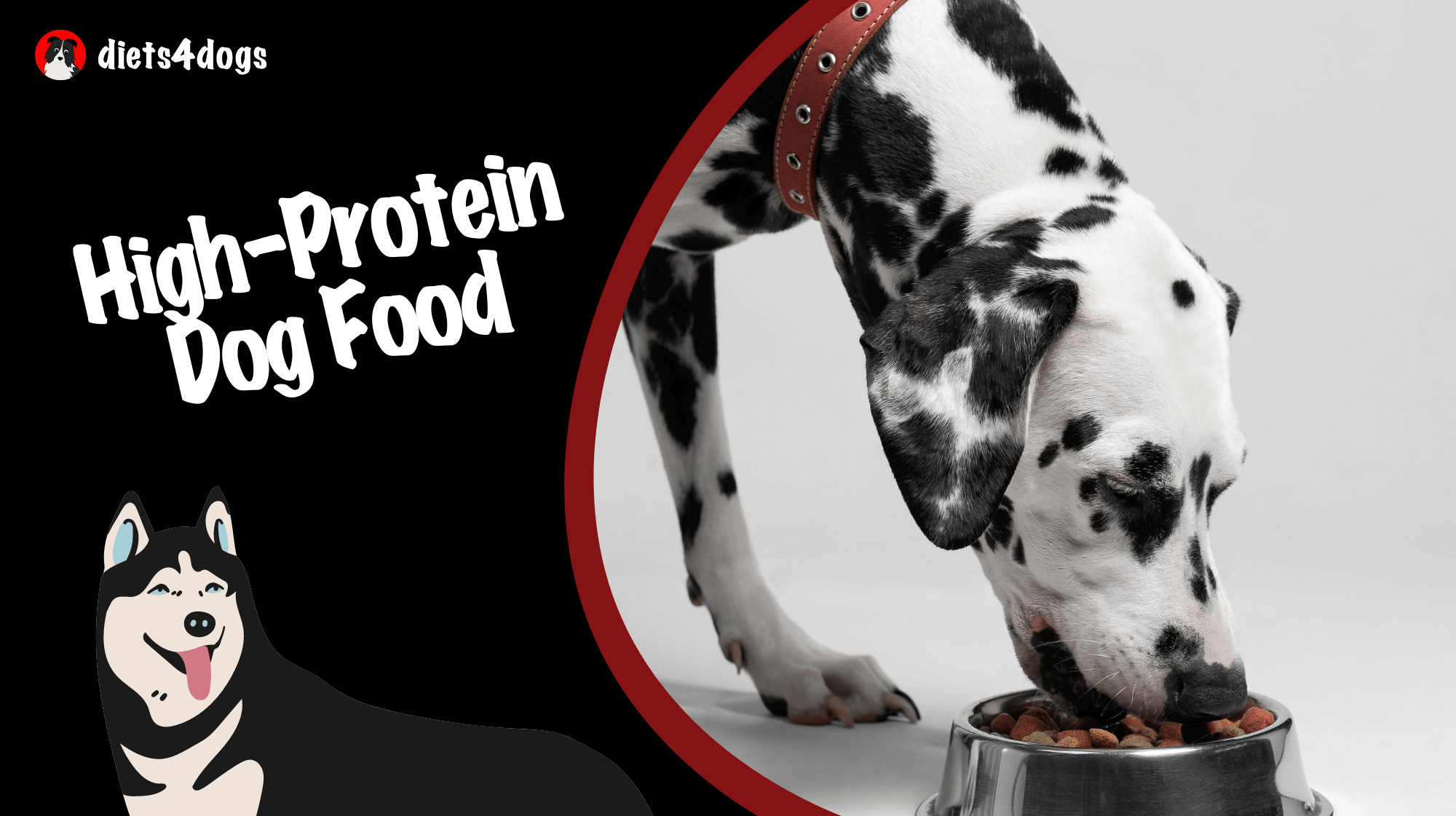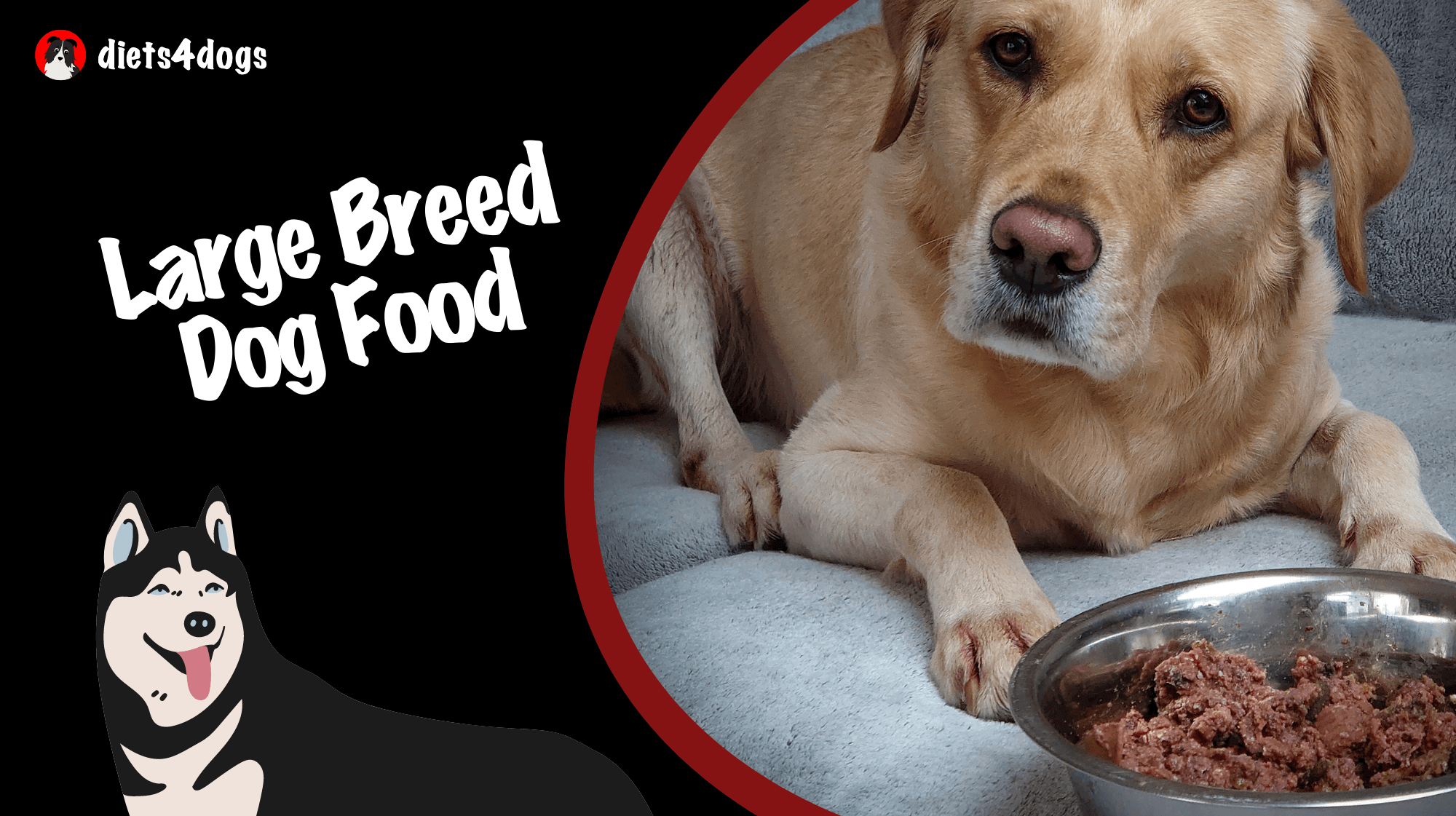Attention all small dog aficionados! Are you looking to pamper your petite pooch with the best nutrition possible? Well, you’ve come to the right place! In this fun and informative blog post, we’ll delve into the fascinating world of small breed dog food and reveal the delectable secrets behind premium choices. From understanding the unique nutritional needs of your tiny canine companion to exploring the myriad benefits of top-tier dog food, we’ll also give you the scoop on some of the finest brands out there catering specifically to the needs of your smaller-sized sidekick. So grab your furry friend and get ready to embark on a gourmet journey like no other – it’s time to spoil your pooch with the ultimate in canine cuisine!
Small Breed Dog Food: The Premium Choice
Small breed dog food, especially premium choices, is tailored to meet the specific nutritional needs of smaller-sized dogs. It contains unique formulations that accommodate their high-energy demands, faster metabolism, and smaller stomach capacities. Premium dog food often includes high-quality ingredients, optimal nutrient ratios, and advanced cooking techniques to ensure maximum nutrient absorption and overall health. By providing your small canine companion with top-notch nutrition, you empower them to live healthier, happier, and more energetic lives.
The Mighty Nutritional Needs of Tiny Paws
Small breed dogs, despite their adorable size, come with some big nutritional needs. These pint-sized pals race through life with high-speed metabolism, implying that their energy requirements per pound are considerably larger than their larger canine comrades. It’s essential to keep up with their speedy pace by providing them with nutrient-dense and highly digestible meals.
Unlocking the Advantages of Premium Dog Food
Now that we understand how nutrition plays a significant role in our petite pals’ lives, let’s dive into the amazing world of premium dog food and learn why it’s worth every penny.
Superior Ingredients, Better Taste
High-quality dog food begins with stellar ingredients. Premium dog foods are often crafted with natural, human-grade ingredients that are sourced carefully, aiming to ensure the best flavor and nutritional value. The result? A mouth-watering meal that your tiny buddy will look forward to every day!
Optimal Nutrient Ratios
Small breed dogs have specific nutritional requirements that differ from larger breeds, and premium dog food is designed to cater to their unique needs. With an ideal balance of proteins, fats, carbs, vitamins, and minerals, these top-notch meals help to keep your dog’s energy levels up, ensuring they don’t run out of steam during playtime.
Better Digestibility
Premium dog food focuses on easy digestibility, allowing your furry companion to extract all the essential nutrients they need to stay healthy. Its advanced cooking techniques help to unlock the full potential of each ingredient, promoting efficient absorption and delivering optimal nutrition in every bite.
Top Brands Serving Up Delectable Delights
Now that you’ve got a taste for what premium dog food can do, let’s introduce you to some of the finest brands that are whipping up tantalizing treats for your tiny four-legged pal.
Royal Canin: Size-Specific Formulations
Royal Canin enjoys an excellent reputation among pet owners for its scientifically-backed recipes, and their small breed dog food is no exception. The brand’s focus on breed-specific nutrition leads to meticulous formulations designed to satisfy every tiny munchkin, taking factors like kibble size, shape, and texture into account for the ultimate dining experience.
Orijen: Biologically Appropriate Goodness
If you’re looking to replicate your petite pet’s natural diet, look no further than Orijen. With their ‘biologically appropriate’ approach, Orijen uses fresh, regionally sourced ingredients to create menus that mimic your dog’s evolutionary eating habits. The result is a scrumptious and satisfying meal packed with proteins, healthy fats, and fresh fruits and veggies.
The Honest Kitchen: Human-Grade Luxury
As the name suggests, The Honest Kitchen prioritizes transparency and uses only 100% human-grade ingredients in their dehydrated dog food. These sumptuous meals boast whole foods with minimal processing, allowing your small breed dog to enjoy a meal that’s as close to homemade as it gets.
Now that you’re armed with all the crucial knowledge about premium dog food and the best brands in the market, you’re all set to make an informed decision that will satisfy your pintsized pooch’s appetite and keep their tail wagging non-stop!
Understanding Small Breed Life Stages
To ensure top-notch dog nutrition, it’s vital to consider how your small breed dog’s needs evolve throughout their life stages. Let’s explore the different stages and the best ways to support them.
Puppies: Building a Strong Foundation
Small breed puppies grow rapidly during their early months, which is why they need a diet that’s rich in protein and energy for optimal muscle and bone development. Premium puppy formulas are designed to cater to these specific growth requirements, providing a well-rounded nutritional foundation for your little one.
Adults: Maintaining Health and Wellness
As your small breed dog reaches adulthood, their dietary priorities shift to focus on maintaining a healthy weight and supplying ample energy for their active lifestyles. Premium adult dog foods typically feature an ideal balance of proteins, fats, and essential nutrients, ensuring that your not-so-little-anymore friend continues to thrive.
Seniors: Aging Gracefully
In their golden years, smaller dogs need a gentle diet that caters to their slowing metabolism and changing nutritional demands. Premium senior formulations often include ingredients like glucosamine and chondroitin to support joint health, along with other targeted nutrients aimed at enhancing your aging pup’s overall wellness.
Decoding Dog Food Labels
When you’re on the hunt for the best in dog nutrition, it’s essential to read and understand dog food labels. Keep the following pointers in mind while browsing the pet food aisle:
– Look for an AAFCO (The Association of American Feed Control Officials) statement – This ensures that the food is nutritionally complete and balanced for your dog’s life stage.- Check the ingredient list. higher quality ingredients should be listed within the first five ingredients, as these tend to make up the bulk of the content.- Be mindful of vague language, like “by-products” or “meat meal.” These can indicate lower quality ingredients.
With this knowledge in hand, you’ll be an unstoppable force in selecting the finest premium dog food for your charming small breed companion.
Benefits of Rotational Feeding
If you want to keep things interesting and fun for your small breed dog, consider incorporating rotational feeding into their routine. This approach involves varying their diet with different brands or flavors of premium dog foods. The benefits of this method include:
– Preventing boredom and picky eating habits- Exposing your dog to a wider variety of nutrients- Reducing the risk of food allergies by not relying on a single source of protein
Remember to transition your dog gradually to the new food, typically over the course of a week, to avoid stomach upsets.
By exploring various aspects of dog nutrition, from understanding life stages to decoding food labels, you can empower yourself to make the right choices for your petite pup’s well-being.
Frequently Asked Questions
Still curious about premium dog food for small breeds? We’ve got you covered! In this FAQ section, we address some common questions that dog owners might have about feeding their petite pooch a premium diet.
Premium dog food typically contains high-quality ingredients, optimal nutrient ratios tailored to small breeds, and undergoes advanced cooking techniques for better digestibility. In comparison, regular dog food may have lower quality ingredients and lack the distinctive formulation that caters to the specific needs of small breeds.
2. Can I feed my small breed puppy adult dog food?
No, it’s not recommended. Puppies, especially small breeds, have different nutritional requirements than adult dogs. Feeding your small breed puppy an adult formula can result in improper nutrient balance, leading to potential developmental problems. Stick to a premium puppy formula for the best nutrition.
3. How often should I feed my small breed dog?
Small breed dogs generally require more frequent meals due to their fast metabolism. Feeding them 3 to 4 times a day is recommended to maintain their energy levels and avoid hypoglycemia. However, it’s best to consult with your veterinarian regarding the ideal feeding schedule for your specific dog.
Premium dog food often offers higher quality ingredients and formulations catered towards the unique needs of small breeds. However, not all premium dog foods are created equal. It’s essential to consult with your veterinarian and research dog food brands to determine the best option for your particular pet’s needs.
5. How do I transition my small breed dog to a new food?
Transitioning should be a gradual process that takes place over 7 to 10 days. Gradually mix the new food with your dog’s current food, increasing the proportion of the new food while decreasing the old food each day. This approach will help avoid stomach upsets and help your dog adjust smoothly.
6. Can I give my small breed dog a raw food diet?
A raw food diet can be an option for some small breed dogs. However, it requires thorough research and understanding of their nutritional needs. Consult with a professional or veterinary nutritionist before making a switch to ensure your dog gets all the necessary nutrients and to avoid potential health risks associated with raw feeding.
7. Are grain-free diets better for small breed dogs?
Grain-free diets aren’t inherently better or worse for small breed dogs. Some dogs may benefit from a grain-free diet due to food sensitivities, while others thrive on a diet that includes whole grains. It largely depends on your dog’s unique needs, and it’s crucial to consult your veterinarian to determine the best choice for your pup.
Feeding your dog a properly portioned premium diet, tailored to their age, size, and activity level, can help them maintain a healthy weight. Monitor their body condition regularly, and adjust feeding amounts based on their activity level to prevent overfeeding. Regular exercise and veterinary checkups also contribute to maintaining a healthy weight.
Yes, you can mix wet and dry premium dog food if your small breed dog prefers a little variety in texture and flavor. Combining both wet and dry food offers additional hydration and can make mealtime more exciting. Ensure you adjust the portions of each to avoid overfeeding.
10. Can I feed my small breed dog human food?
While some human foods like lean meats, certain veggies, and fruits may be safe for your dog, it’s essential to avoid feeding your furry companion table scraps. Small breed dogs have specific nutritional needs, and even premium human food might not provide the right balance of nutrients. Stick to premium dog food and occasional dog-specific treats to avoid potential health issues.

